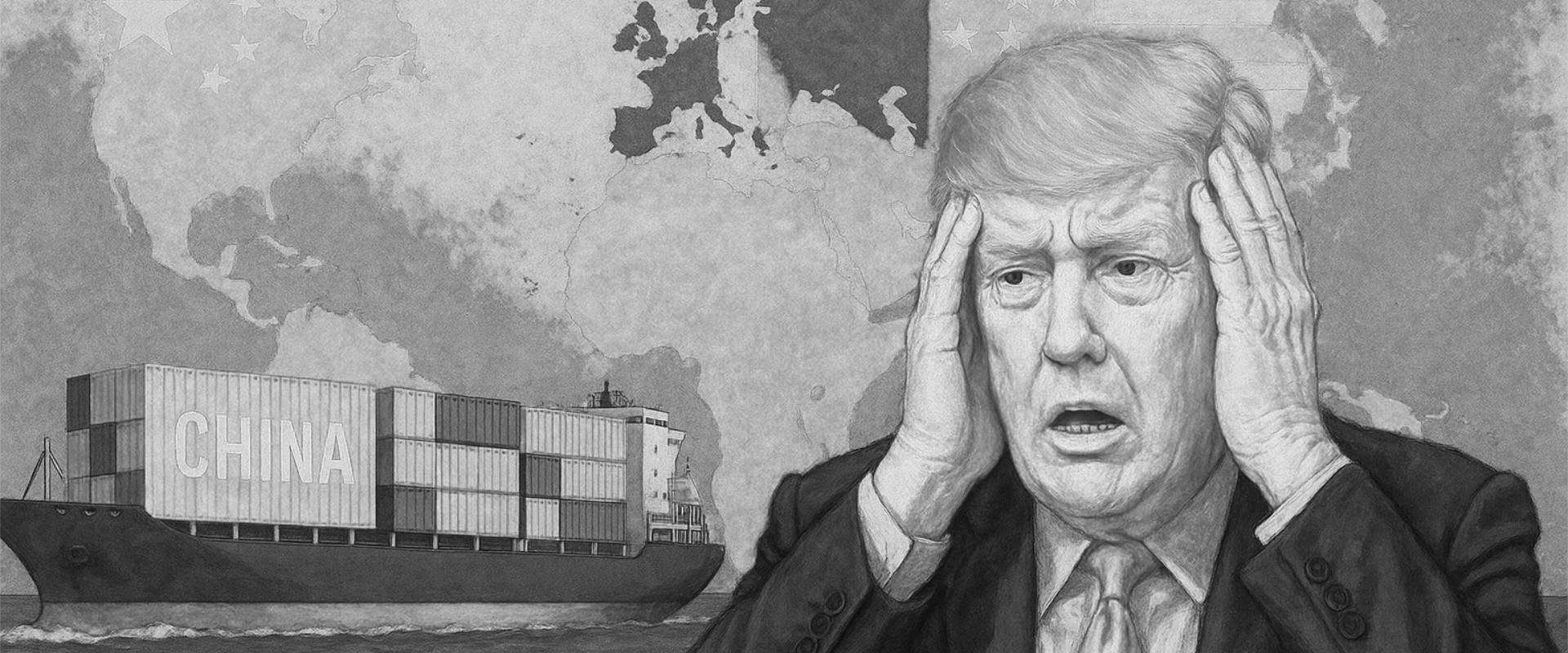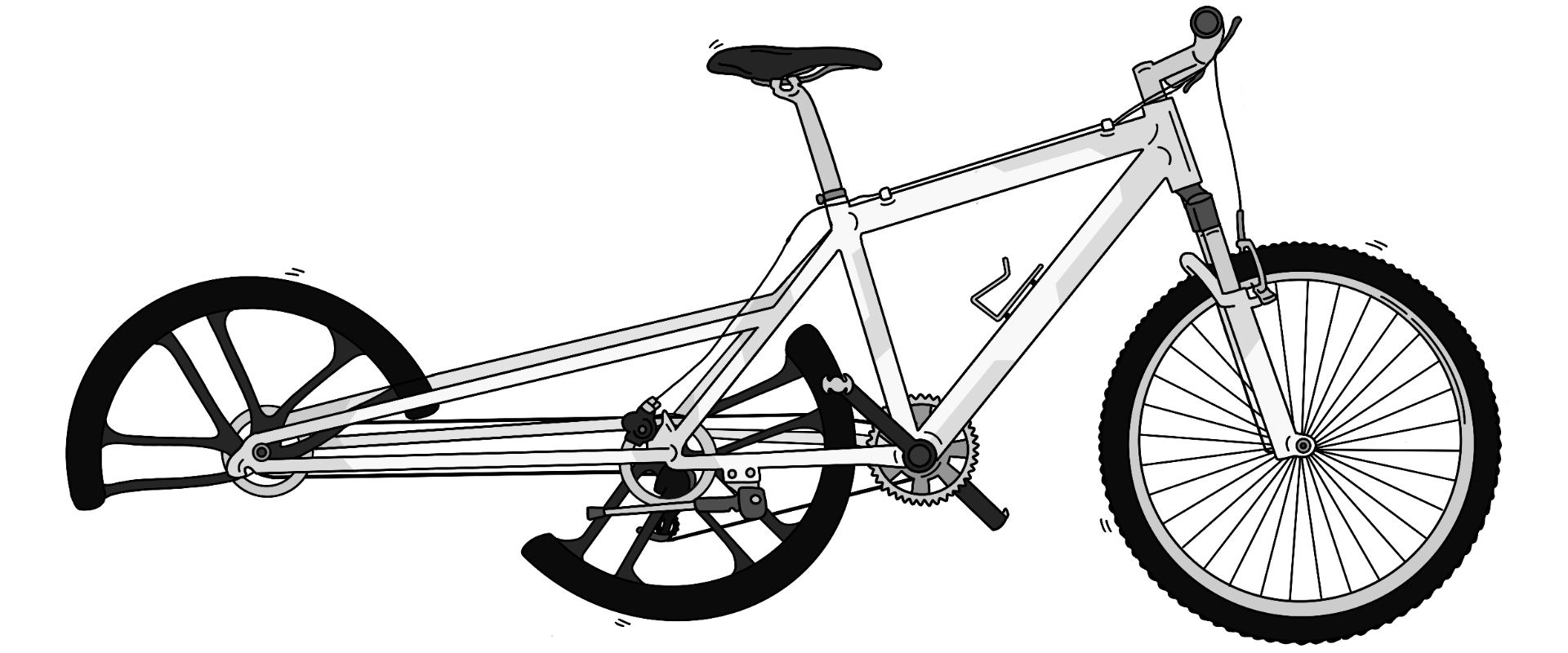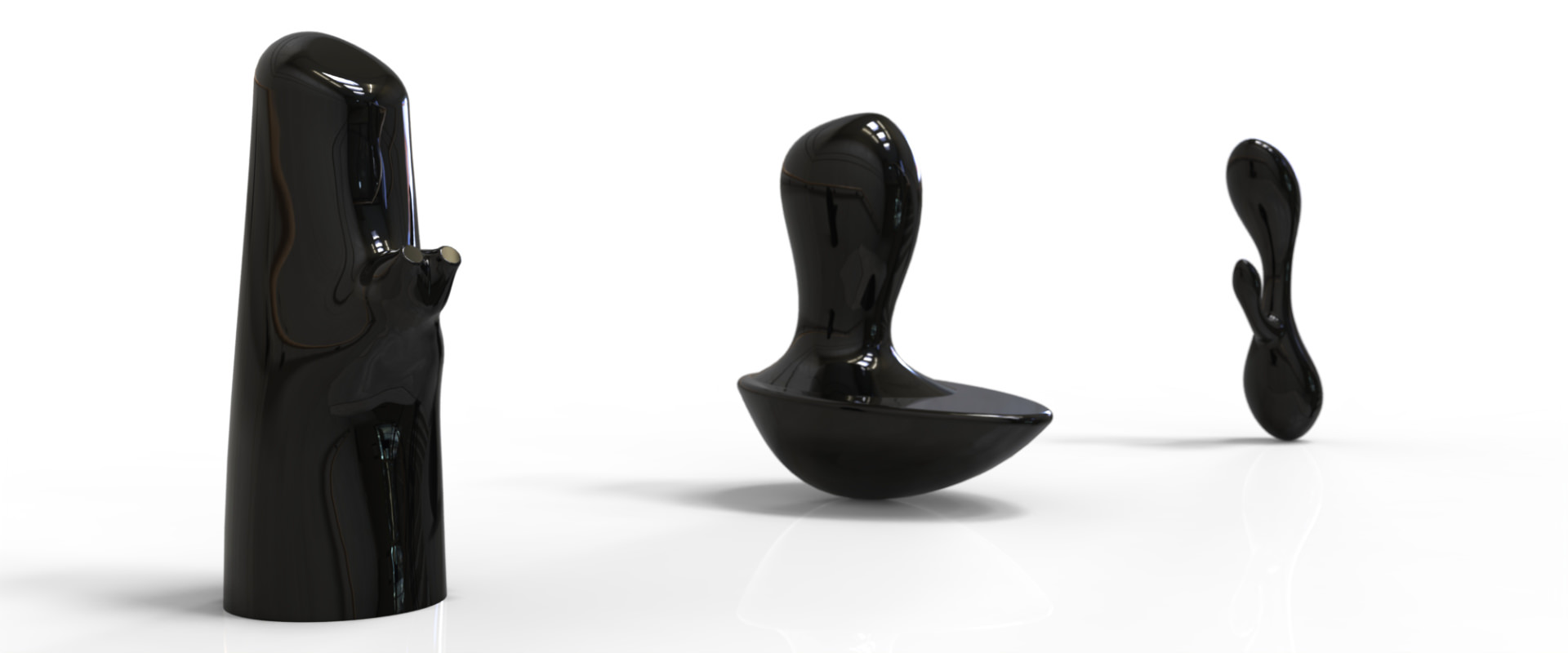Silicon Valley isn’t just a place — it’s a global ecosystem. Laptops are designed in Palo Alto, built in Shenzhen, and assembled in Mexico. Code is written in Mountain View and in India, but hardware depends on rare-earth metals mined in Africa, processed in China, and shipped to California. It’s a delicate dance — fast, global, and interdependent.
But that dance is in danger of being disrupted.
Donald Trump’s import taxes — aimed at reducing reliance on foreign manufacturing and punishing economic rivals — is backfiring badly on the very heart of American innovation: Silicon Valley.
Tariffs Are a Tax on Innovation
When the U.S. imposes tariffs on imported components, it raises the cost of doing business for startups building hardware, IoT devices, or any product involving semiconductors, lithium-ion batteries, displays, sensors, and countless other components — the lifeblood of tech.
Startups don’t have the luxury of scale. They operate on razor-thin margins, often prototyping with imported dev kits, off-the-shelf modules, and parts sourced from global distributors.
A 25% tariff on a critical chip or board doesn’t just reduce profit — it kills the product before it reaches market.
Supply Chains Aren’t That Simple
“Just build in America,” some might say. But it’s not that easy.
Silicon Valley startups depend on deeply optimized, globally distributed supply chains. Foundries in Taiwan, mold makers in Dongguan, flexible PCB manufacturers in Vietnam, design in Italy — these aren’t easily replicated in Ohio or Alabama with the current environment.
Universities are substandard and they don’t produce internationally competitive professionals, industries are substandard and they don’t relay on proper machineries and old production chains.
China took decades to sit on top of the world for education and manufacturing, this is not something you reach with a few taxes and form one day to the other.
Even if a startup wanted to manufacture in the US, they’d face:
- Unsunstainable costs
- Longer lead times
- Limited capabilities at small scale
Tariffs force startups into a lose-lose scenario: pay more for parts, or pay more for domestic production they can’t afford. This just to give money to the US government to bomb the country where you produce things. Yes, because tariffs are paid by US Startups, not by the producing country.
Hardware Startups are the first casualties
Software companies can often dodge the blow — but hardware startups are sitting ducks.
- A company building AR glasses? Hit by tariffs on sensors, microdisplays, and lithium cells.
- A medical device startup? Penalized for importing precision components from Germany or Japan.
- A robotics firm? Strangled by tariffs on motors, bearings, gears, and controllers.
Trump’s trade policies are meant to protect American industry, but in this case, they choke the very companies trying to build it.
The Global Talent crunch gets worse
Beyond hardware, tariffs often inflame diplomatic tensions. In past trade wars, retaliation from China and other nations resulted in:
- Visa delays
- Restrictions on American companies
- Blocked partnerships and collaborations
Silicon Valley thrives on global minds — engineers from India, founders from Iran, designers from Europe. Tariff-fueled nationalism can close doors that took decades to open.
Big Techs can’t absorb it forever
Sure, Apple and Google can shuffle assembly lines, hoard cash, or absorb some costs. But even the giants are affected. Apple has historically lobbied against tariffs, warning that they impact everything from iPhones to AirPods to MacBooks — all designed in California, but built by a world-spanning supply web.
If the giants feel the pressure, the startups get crushed.
Next?
Tariffs aren’t just taxes — they’re signals. They tell startups:
The future will be harder, more expensive, and less global.
In response, we may see:
- Startups fleeing to other countries with better trade access (hello, Canada and Singapore)
- More software-only pivots, avoiding hardware complexity
- Investors pulling back from capital-intensive product design
And that’s the real tragedy. Because Silicon Valley was built on the freedom to experiment, with access to the world’s tools and talent.
When tariffs disrupt that access, we don’t just lose gadgets —
we lose momentum.
Tariffs destroyed the American Dream
Donald Trump’s tariffs aim to “bring manufacturing home.” But in punishing imports, they will break the machinery of innovation itself. For startups in Silicon Valley — the scrappy, brilliant teams building the next great thing — this is the end.
It’s existential.
Do you run a startup impacted by tariffs or trade policies? How are you adapting? Let us know in the comments below





